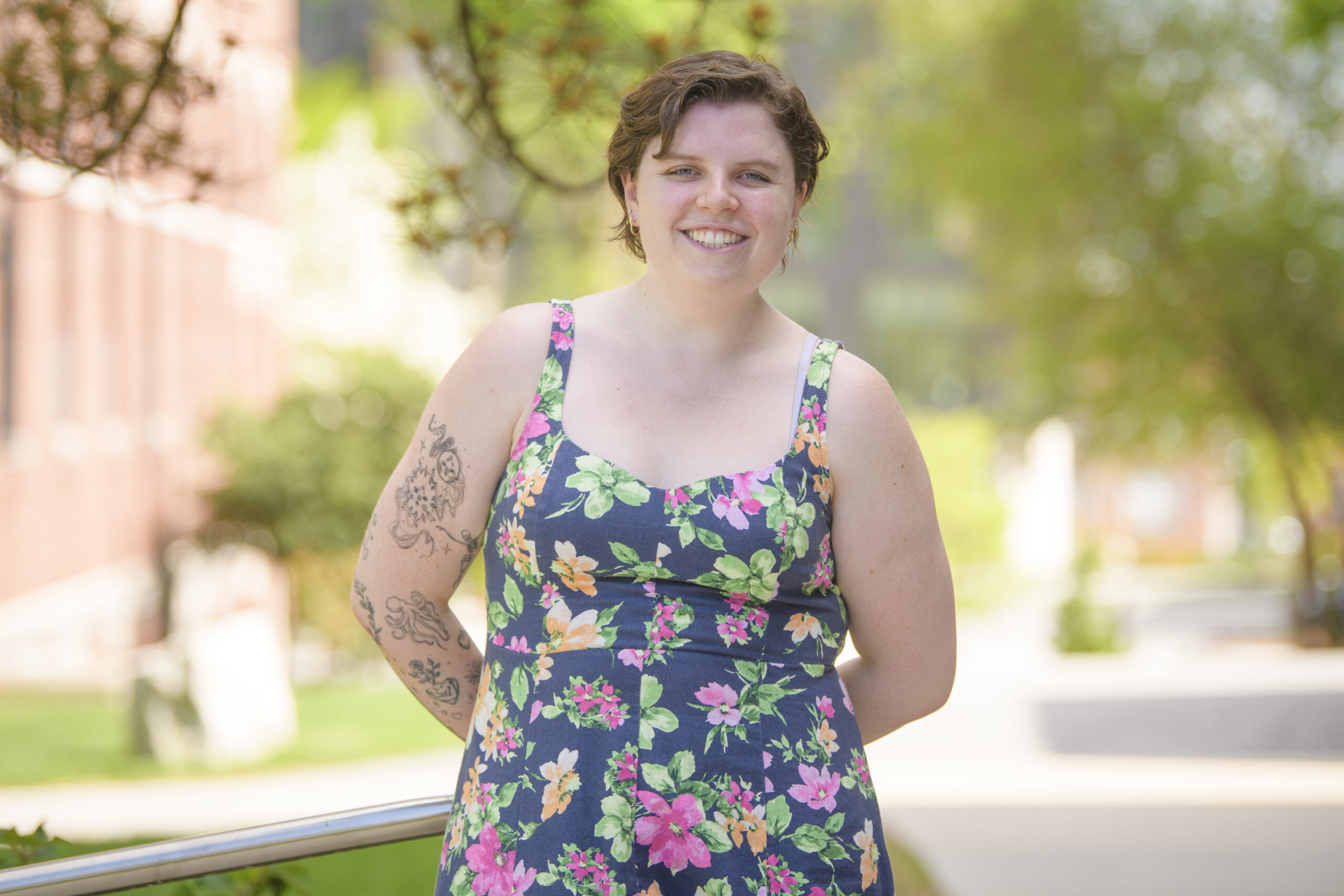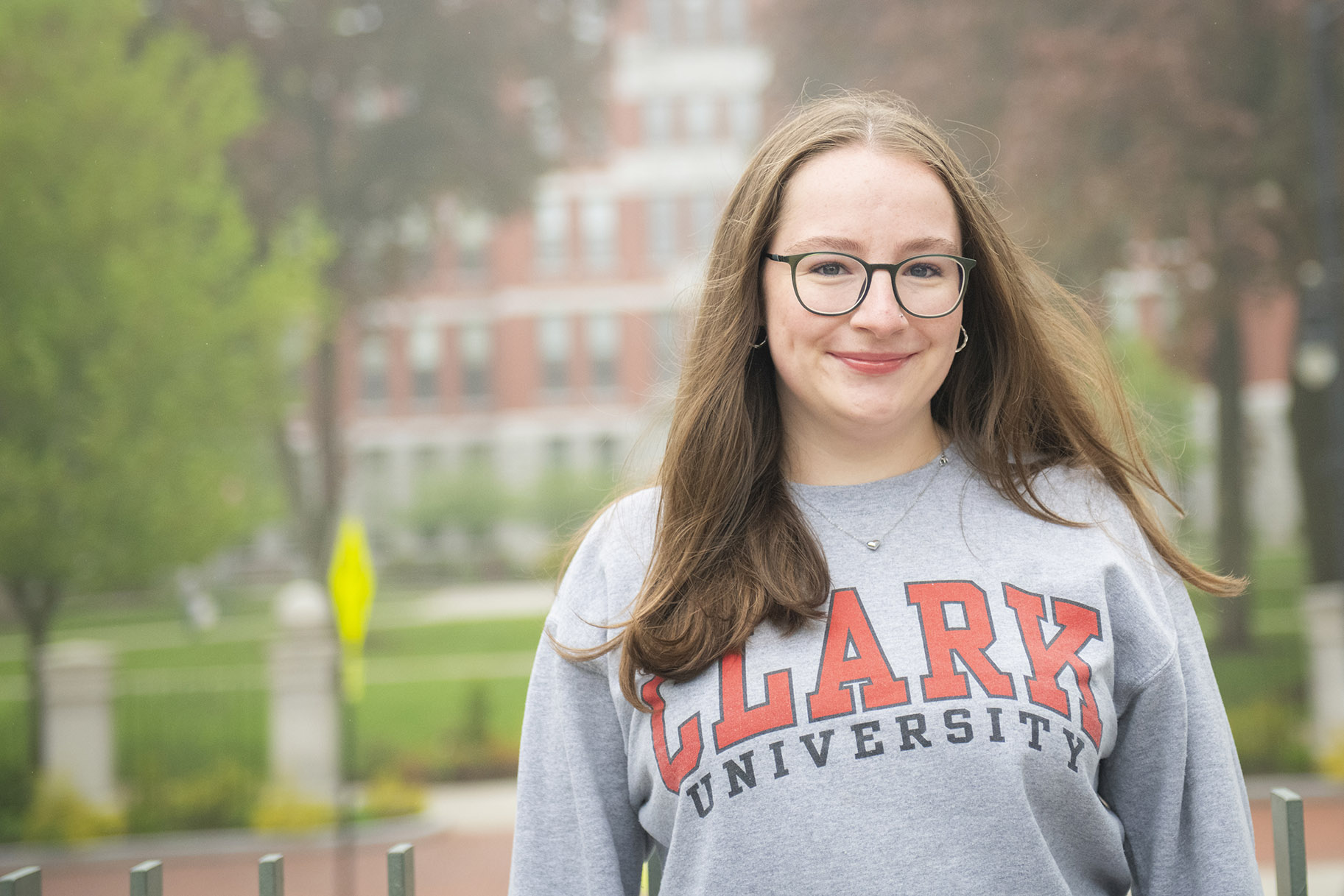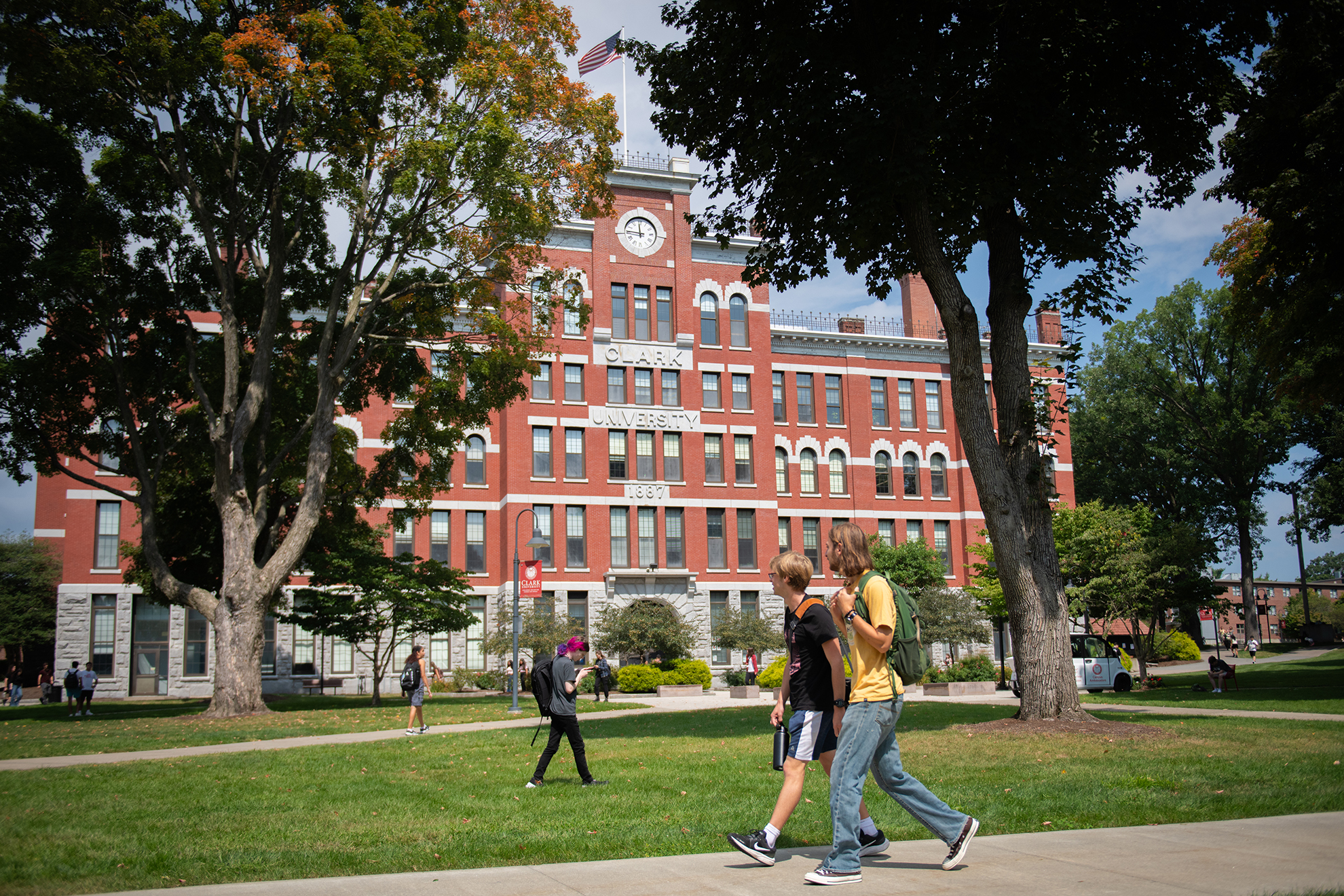Students are arriving on campuses around the country as another academic year begins. What draws them there and what do they expect from their college educations? And for those who do not go on to college after high school, why not?
A newly released Clark University Poll of Emerging Adults: Work, Education and Identity provides research on the views of a thousand 21- to 29-year-olds and reveals their perspectives on higher education, employment and identity. These millennials were asked their opinions on such topics as career fields, ideal jobs and realities, education, on-the-job social media habits, work-life balance and more.

Clark University
psychology professor
and director of the Clark
Poll of Emerging Adults
“Almost all emerging adults now realize how important it is in the modern economy to get a college education or some other training after high school,” says Clark University Research Professor of Psychology and Poll Director Jeffrey Jensen Arnett, Ph.D., who coined the term “emerging adulthood”— the phase of the life between adolescence and full-fledged adulthood. “They realize higher education is essential to finding a good job and making a good living, and they also hope it will be fun. If they don’t get that extra education, they regret it.”
For instance, the new Clark Poll found that only 17 percent of respondents with less than a high school education are employed full time, compared to 36 percent for those with higher education. Also, 71 percent agreed with the statement “I wish I had obtained more education than I have now.”
Arnett adds, “However, there are lots of barriers to higher education, foremost the cost but also the kinds of things that can happen in life to derail any of us from reaching our goals: family troubles, physical health problems, and mental health problems. As a society, we need to think about what we can do to help more people get the education they need, because when they do we all benefit.”
Clark University is a thought leader on the impact of higher education on emerging adults and this latest Clark Poll offers insights into four main topics:
- Emerging adults’ reflections on how education impacts their lives as they transition into the workplace
- How emerging adults form their identity and seek identity-based work that makes the best of their talents and interests
- Insight into the stereotypes associated with emerging adults
- Current work life and how emerging adults envision their future
Here is a look at some results from the 2015 Clark Poll of Emerging Adults: Work, Education and Identity:
WHY THEY GO TO COLLEGE
Arnett points to the mix of practical reasons (“good job”), idealistic reasons (“broadening my knowledge of the world”), and recreational reasons (“have fun”).
| To have a better chance of finding a good job | 87% |
| The possibility of making more money | 86% |
| Getting education or training in a specific area | 85% |
| Broadening my knowledge of the world | 80% |
| The potential to have fun while attending more school | 61% |
WHY THEY DON’T GO TO COLLEGE
Money is an important and obvious reason, but it’s by no means the only reason.
| I could not afford to get more education | 69% |
| I did not want to go to school any more | 58% |
| I did not know what I wanted to study after high school | 57% |
| Family responsibilities | 51% |
| Mental health complications | 35% |
| Physical health complications | 34% |
Respondents assessed the realities of attaining a college education.
| A college education should be available to anyone who wants it. regardless of their ability to pay. | 89% |
| It is more important than ever to get education or training beyond high school in order to find a good job. | 86% |
| I wish I had obtained more education than I have now. | 71% |
| I expect to have to go back for more education or training at some point during my thirties or forties. | 69% |
| I have not been able to find enough financial support to get the education I need. | 59% |
| I would have benefited more from my college education if I had waited a year or two after high school before entering college. | 51% |
Arnett also notes there are no differences by social class background (mother’s level of education) and a respondent’s own educational attainment.
The Clark Poll launched its first survey of emerging adults (ages 18-29) in 2012, followed by a poll of their parents in 2013. In 2014, the poll questioned established adults (ages 25-39).
The full 2015 Clark Poll report is available online. For past reports, news releases, videos, media coverage, commentary by Jeffrey Jensen Arnett and more about emerging adults, visit here.
Related links:
Recent TEDx talks by Jeffrey Jensen Arnett:
Who You Calling Selfish? A Manifesto for Millennials
Why Does It Take So Long to Grow Up Today?
“Emerging Adulthood: The Winding Road from the Late Teens through the Twenties,” by Jeffrey Jensen Arnett (Oxford University Press), expanded, updated edition.
In the media:
What Really Motivates Workers in Their 20s (Harvard Business Review)
Millennials realize growing up is hard to do (MarketWatch)
What happens when 20-somethings move back in with their parents? (WHYY podcast)
More millennials at home, even as jobs improve (Boston Globe)
Founded in 1887 in Worcester, Massachusetts, Clark University is a liberal arts-based research university addressing social and human imperatives on a global scale. Nationally renowned as a college that changes lives, Clark is emerging as a transformative force in higher education today. LEEP (Liberal Education and Effective Practice) is Clark’s pioneering model of education that combines a robust liberal arts curriculum with life-changing world and workplace experiences. Clark’s faculty and students work across boundaries to develop solutions to complex challenges in the natural sciences, psychology, geography, management, urban education, Holocaust and genocide studies, environmental studies, and international development and social change. The Clark educational experience embodies the University’s motto: Challenge Convention. Change Our World.




